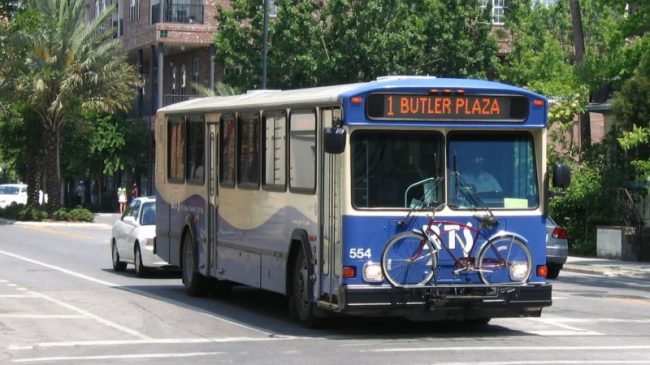RECOMMENDATION FOR CONGRESS
Require Metropolitan Planning Organizations to Compare Future Congestion with Baseline Congestion in Long Range Transportation Plans
Issue. Under federal law, Metropolitan Planning Organizations (MPOs) are required to create Long Range Transportation Plans every four years (if deemed in non-attainment) or every five years otherwise, outlining their planned transportation investments and their reasons for making those investments. Some plans forecast that horizon-year congestion will be less if the plan is implemented compared with the no-build case, but in nearly all cases future congestion (with the plan) will be greater-often significantly greater-than in the baseline year (today). Yet that fact is seldom made clear to citizens and taxpayers.
Action Requested. Require Long Range Transportation Plans to directly compare congestion levels in the horizon year with congestion levels in the baseline year, to permit citizens and taxpayers to judge whether or not the plan focuses enough effort on congestion reduction to ameliorate the situation.
Justification. Accordingto the latest Urban Mobility Report from the Texas A&M Transportation Institute, traffic congestion in America’s 101 urbanized areas costs motorists $121 billion per year in wasted time and fuel. Most MPOs’ Long Range Plans give lip service to reducing congestion, but very few actually target their investments in such a way as to credibly project that 20 years of investment will yield less congestion than in the initial (baseline) year of the plan. If they make any comparison at all, most plans compare congestion after the plan’s implementation with what it would be under the no-build alternative. The models used to produce these plans do generate the information needed to compare horizon-year congestion with baseline-year congestion, but this comparison is almost never included. Citizens and taxpayers are led to believe that because congestion with the plan is less-bad than congestion under the no-build alternative, the plan is the best that can be done. Yet most plans could do far more to reduce congestion if they focused their resources on congestion reduction. The Urban Mobility Report shows that urbanized areas that have this focus can actually achieve significant reductions.
Benefits and Costs of the Change. The change is intended to make each metro area’s Long Range Transportation Plan more transparent to its citizens and taxpayers, by clarifying whether or not it reduces congestion from current levels, which very few current plans do. To the extent that this motivates MPOs to focus more resources on actual congestion reduction, there will be traffic flow improvements, time-savings, reduced fuel use and reduced emissions. The cost of making this change in the planning process will be very low, since most MPOs already generate the needed information as part of their transportation modeling.
Likely Support: State DOTs, American Highway Users Alliance, American Automobile Association and the American Trucking Associations.
Likely Opposition: American Public Transportation Association, local transit groups and bicycle and pedestrian groups.

